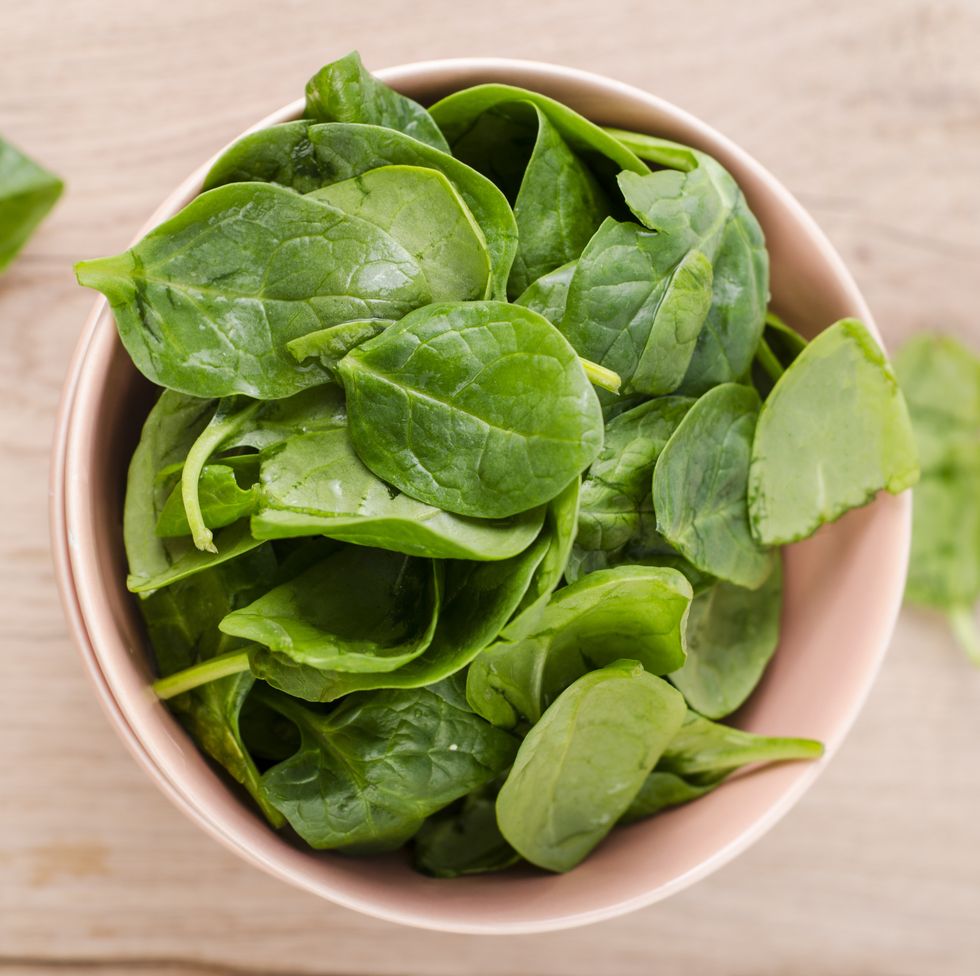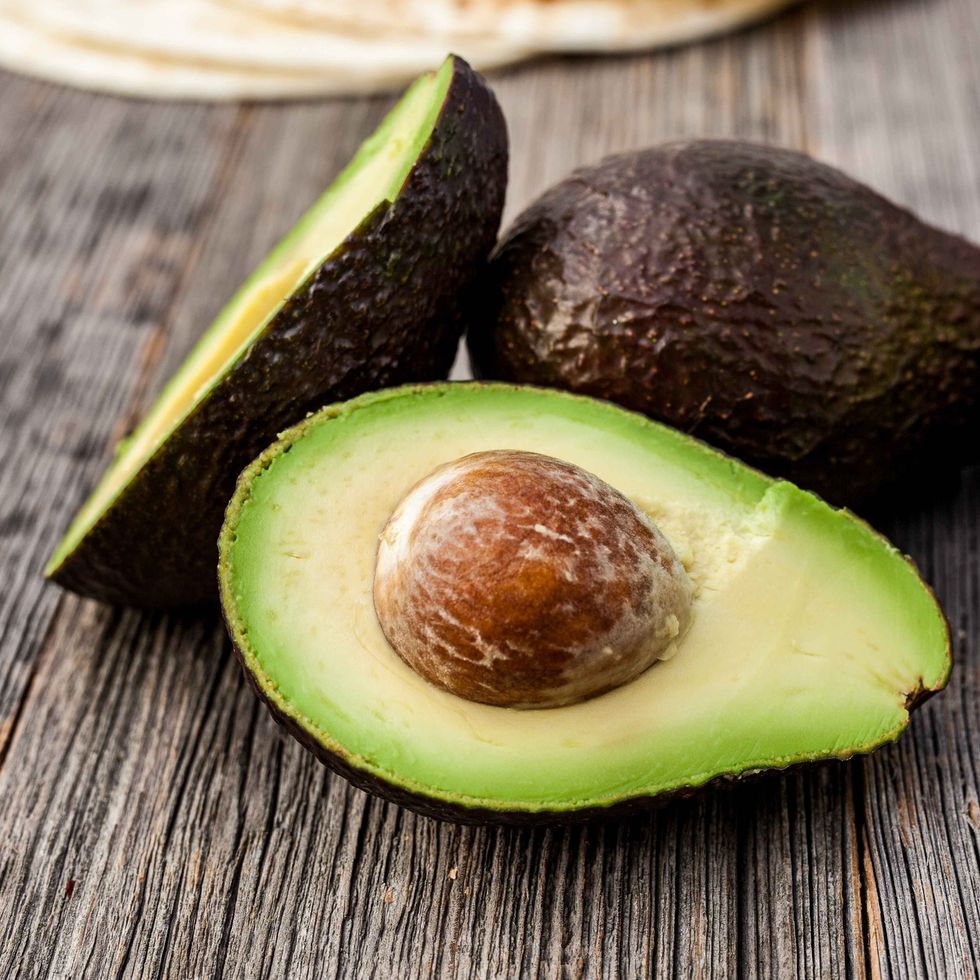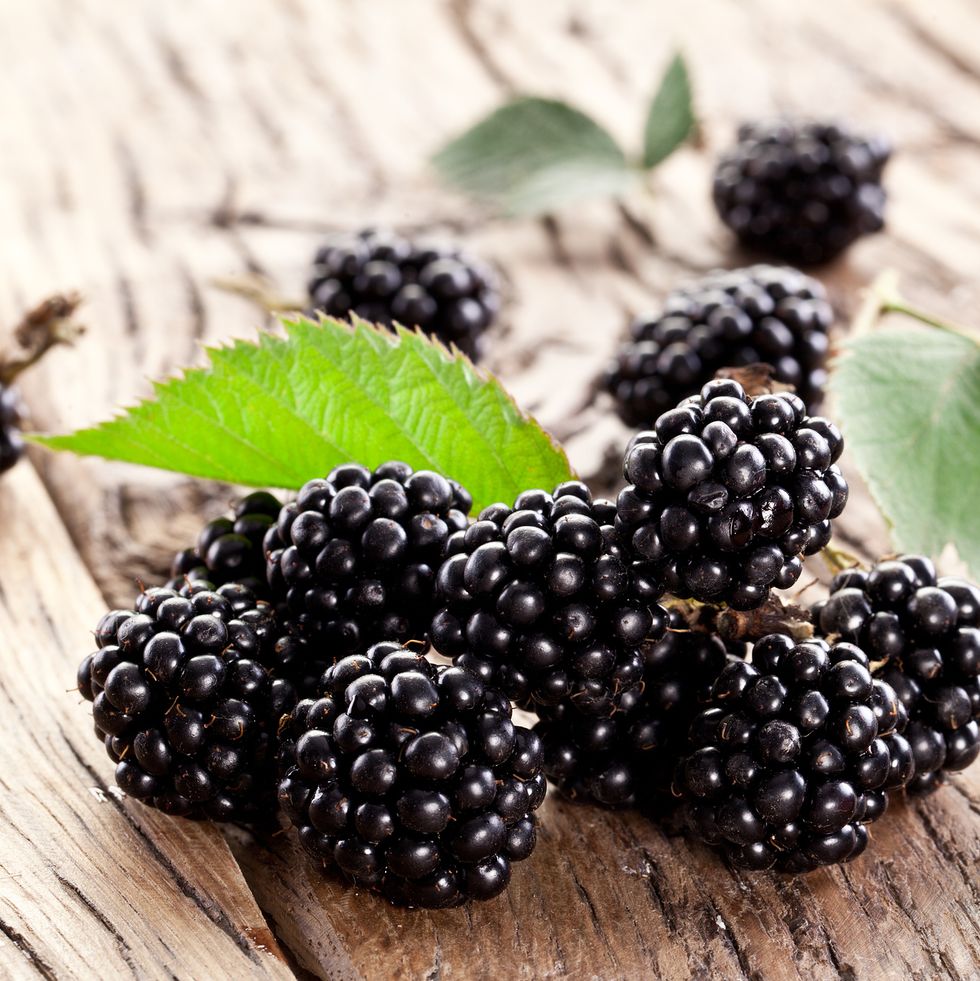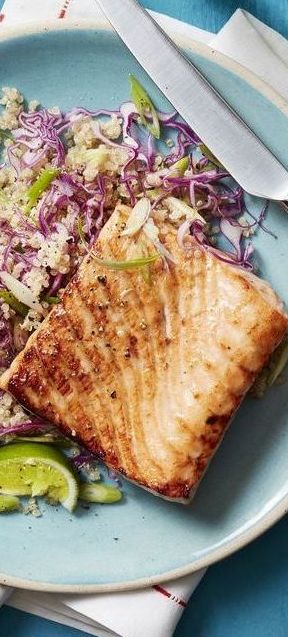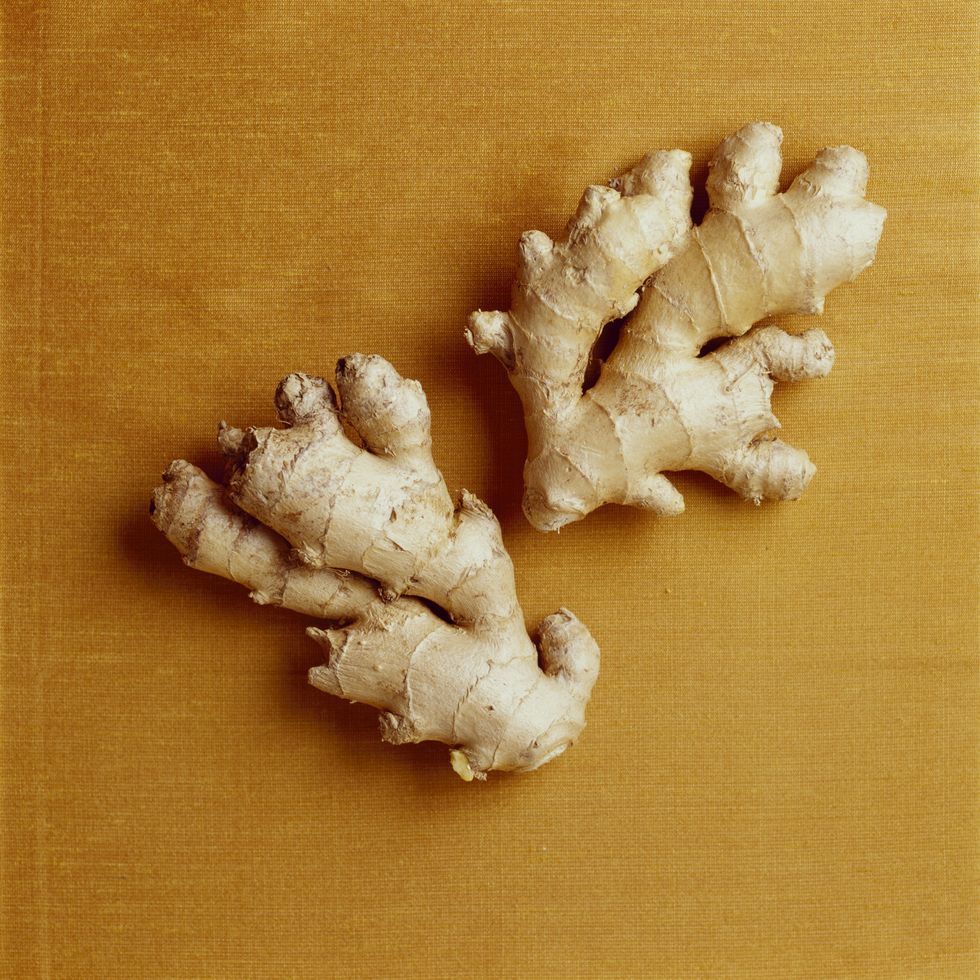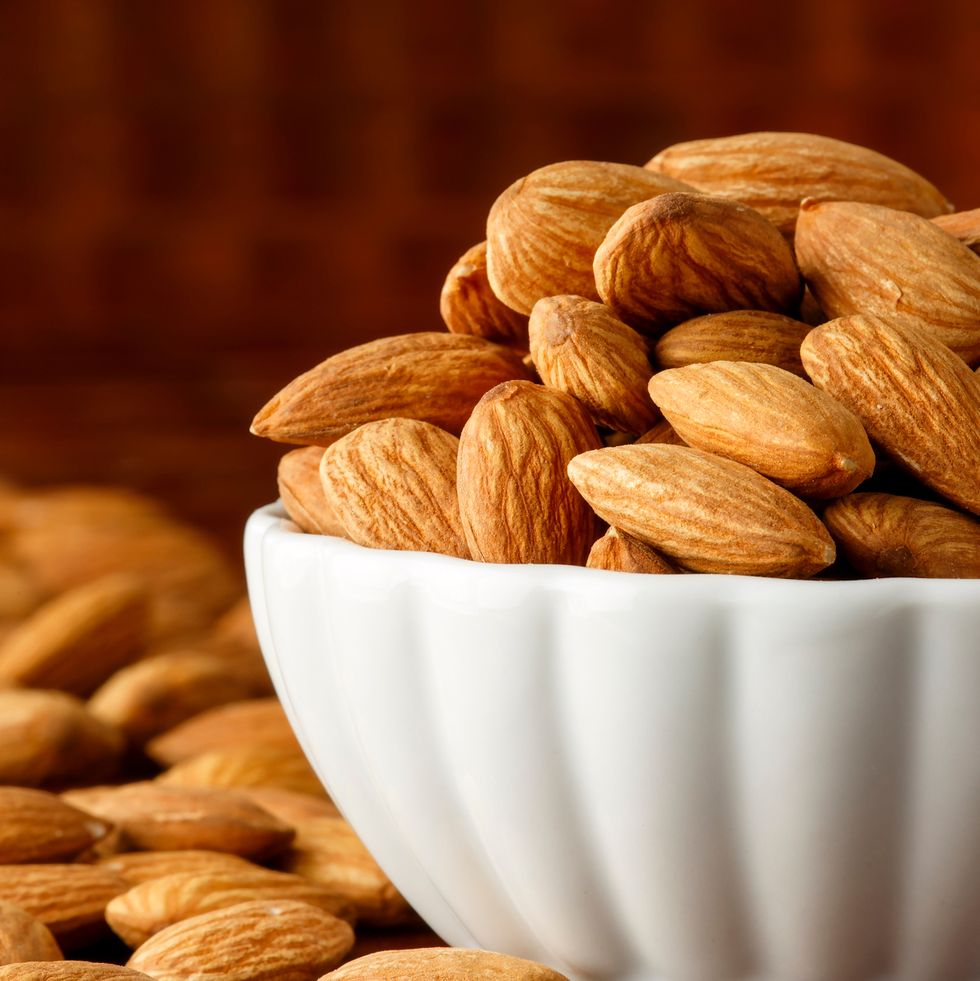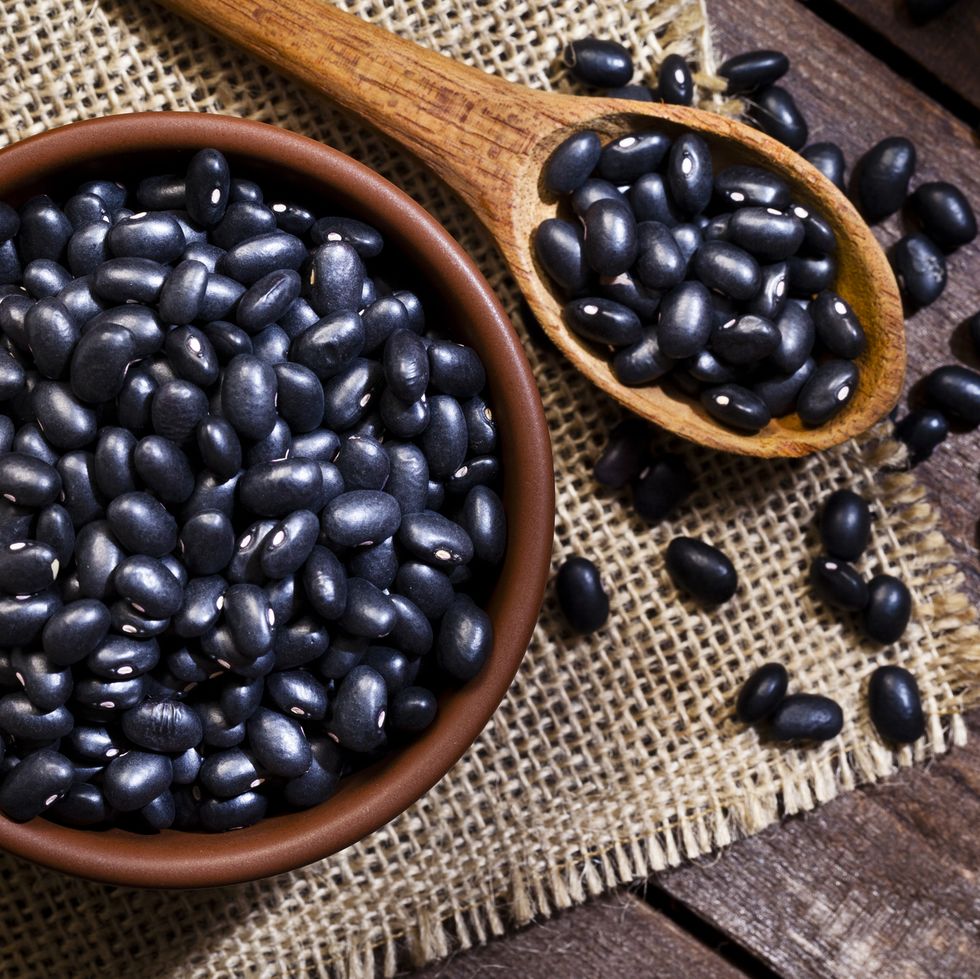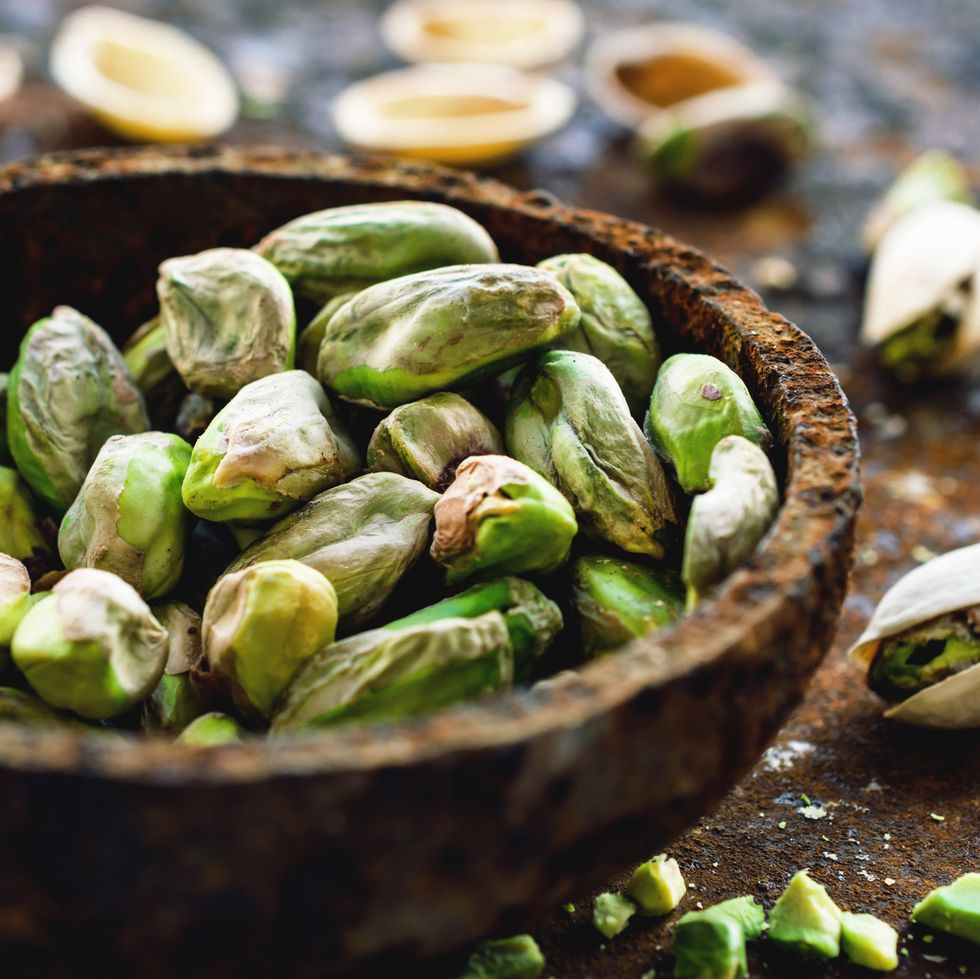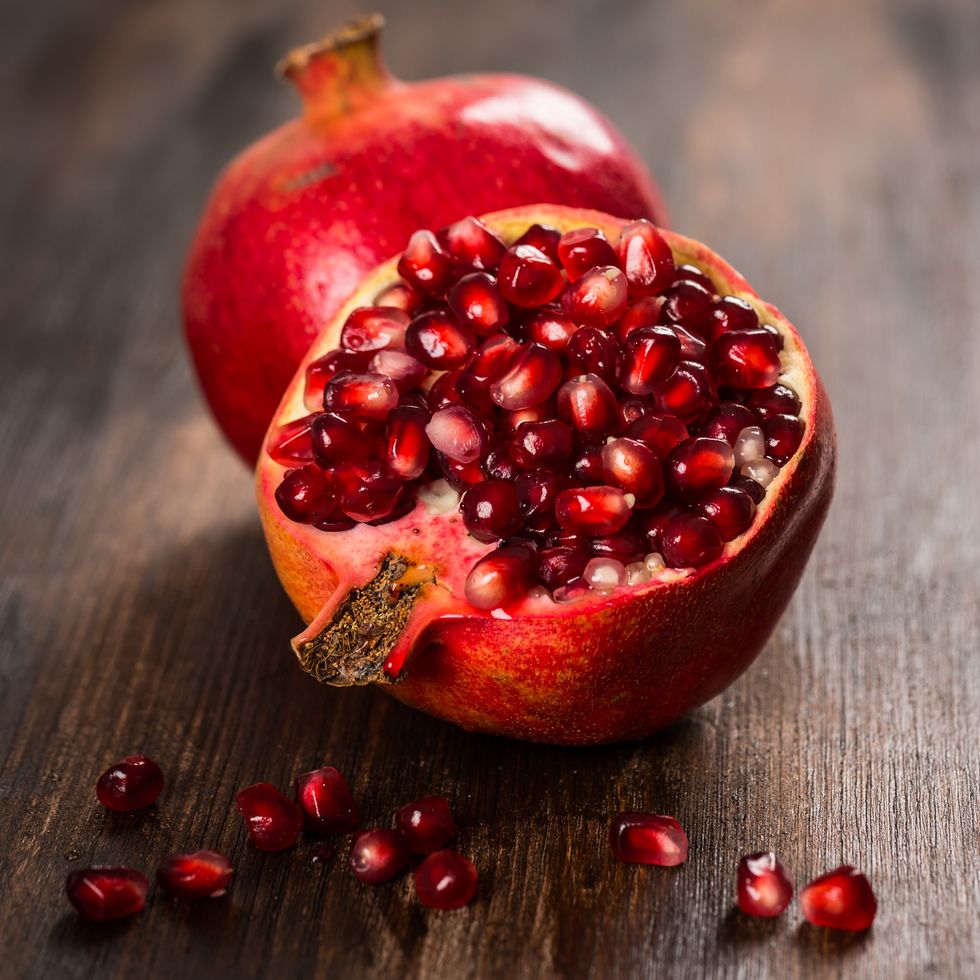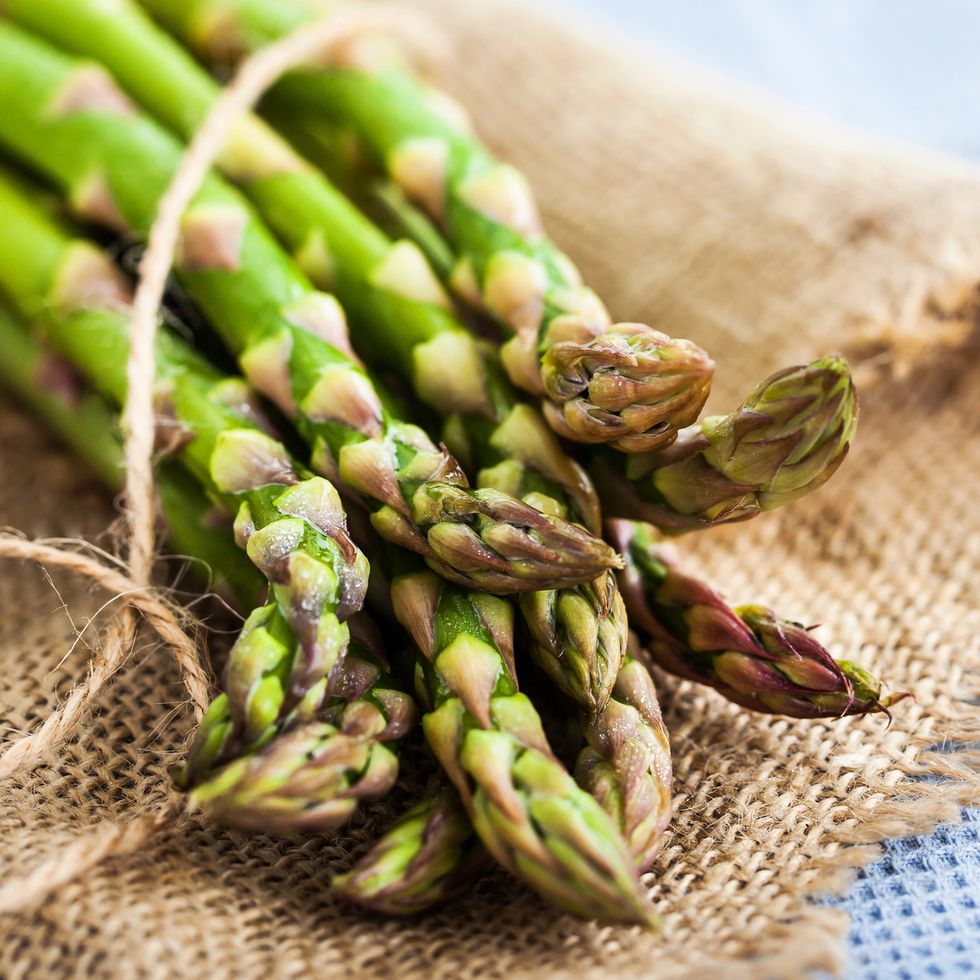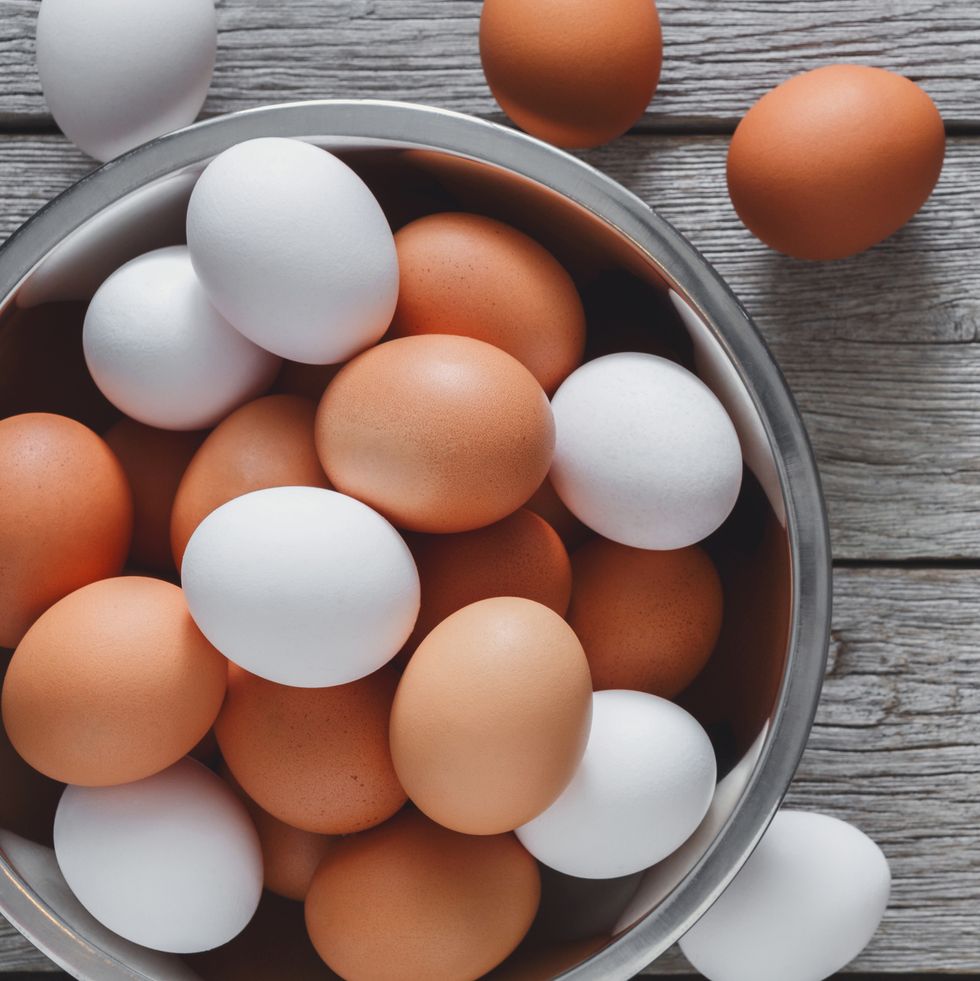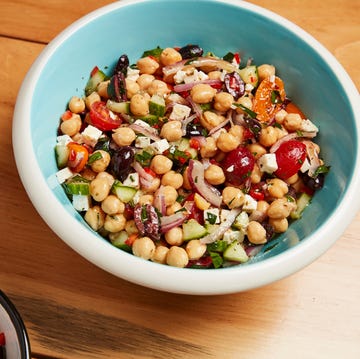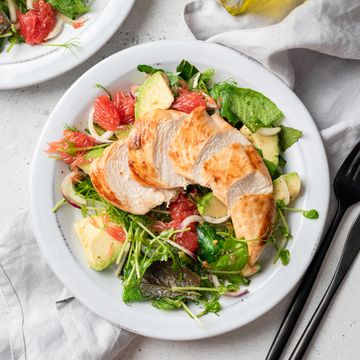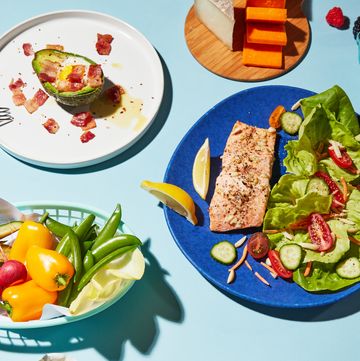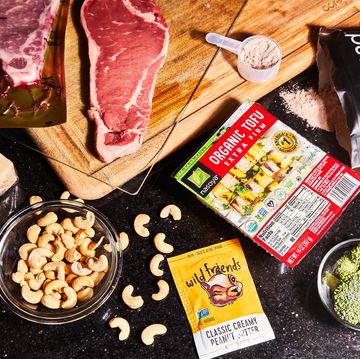11 Best Anti-Inflammatory Foods You Can Add to Your Diet
These natural foods are packed with disease-fighting nutrients.
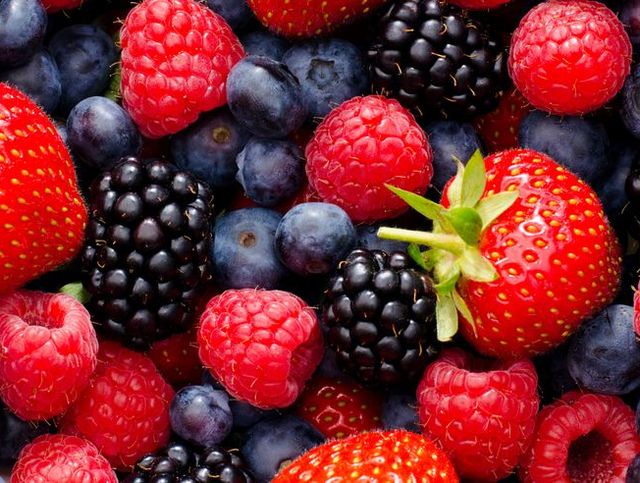
Inflammation is a buzzword attached to almost everything we eat these days, whether it’s about avoiding a food that causes it or eating a food that reduces it. Why? Inflammation has a reputation as the “bad guy” when it comes to your health.
In part, it’s true: Chronic inflammation can lead to serious—and sometimes deadly—conditions down the road, such as type 2 diabetes, heart disease, cancer, and dementia. Plus, runners who don’t allow their bodies enough time to recover are more susceptible to chronic inflammation than those who do.
[Stay injury free on the road by getting on the mat with Yoga for Runners.]
Think of inflammation like a war going on within your body. Whenever your body takes in food or experiences some kind of ‘invasion,’ your immune system carries out an inflammatory response to tamp down that invasion.
Then, a second process called anti-inflammation begins, which is fueled by the nutrients and minerals that already exist in your body. This process is completely normal and ultimately brings your body back to its natural, equalized, pre-invasion state, says Zhaoping Li, M.D., director of the UCLA Center for Human Nutrition.
Inflammation becomes a bad thing, however, when that second response—the anti-inflammatory one—doesn’t do its job of bringing your body back to center. “This very low-grade inflammation on a persistent basis is believed to be the platform for chronic diseases,” says Li.
Despite the stigma attached to the word itself, inflammation is still a natural process. “Inflammation’s good for fighting any invasions to the body,” says Li.
So, what can you do to avoid the chronic (a.k.a. “bad”) form of inflammation? First, avoid overeating. “To deal with the excess is always an extra burden for the body,” says Li. Then, pack your diet with the following anti-inflammatory foods.

Watch Next


What Fruit is In Season Now?

Should You Eat Before or After a Run?

Signs of Vitamin D Deficiency

The Best Energy-Dense Foods for Runners
